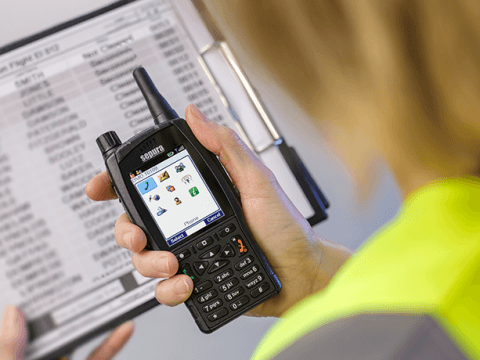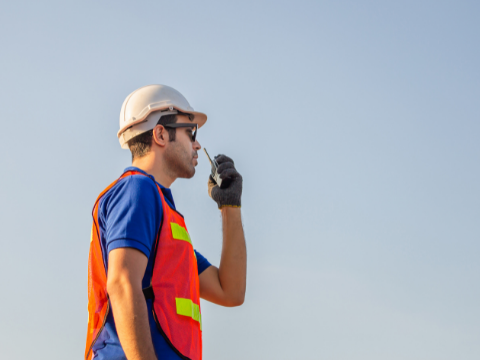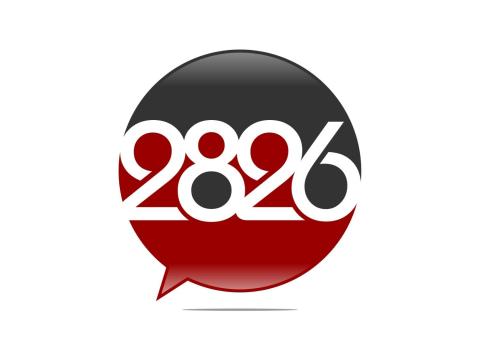Radio etiquette: What you need to know
Breaker breaker, 10/4! Before using a two-way radio, or training your team to do so, it’s important that everyone understands best practice to ensure that radio communications are clear, and timely and get to the people they need to at the right time. Here's our low-down on the top considerations when it comes to radio etiquette.
1. Think before you speak
Before you start your message, think about what you’ll say, if it’s necessary and who will be listening. Networks can be set up for different groups of users so make sure that you broadcast to the right people at the right time. Unnecessary radio chat can be funny in the moment, but can also obstruct the reason that the radio network was put in place.
2. Give yourself time
So many radio users start talking too early and before they press the button. Avoid this common mistake by holding the relevant button down for a second or two before you start your message. This will avoid the beginning of your message being cut off and the need to repeat it.
3. Be clear
Make sure you know what you’re going to say and speak slowly. Similarly to public speaking, if you slow your pace down a bit, it’s much easier to digest. Only include information that’s needed, speak slowly and keep it simple.
4. Be patient
Similarly to letting your intended recipient finish their message before replying, give them time to reply too. Don’t expect an instant reply and make sure you allow time for the other person to respond as they may be dealing with a situation, or customer or have their hands tied for a moment or two.
5. Clarify that you’re YOU
Before you start your message, make sure you explain that you are the one delivering it, why you’re speaking, and what action you require a response or answer to. If your message is directed at one person in particular, ensure that you mention their call sign at the beginning of the message so they know it’s meant for them and can respond accordingly.
6. Privacy
Do not broadcast any confidential or sensitive information over a radio network unless you have a private network and that information is 100% critical.
7. Courtesy
While radio conversations are not quite the same as face-to-face, consider politeness when operating a radio and let people speak, and finish, before starting your message. Interrupting someone mid-conversation on a radio network can slow down the communication of that message and make the problem you're trying to solve take a lot longer than needed. Your colleagues will also be grateful if you let them speak fully and don’t talk over them!
8. Always think about safety first
For businesses and organisations using a two-way radio network, it’s important to have an emergency radio communications protocol in place. This way, in an emergency, those who need to operate a radio know the steps they should take, who they should contact first, and any other safety considerations. When transmitting an emergency message it is even more important to allow the other party to finish their message so you can react accordingly.
Find out more about the benefits of using two way radios in our Customer Case Studies.
Related

Keeping conversations private and secure with two way radios
Businesses need to stay secure when it comes to communication. Here we explore the best ways to ensure your two way radio conversations are kept private and secure...

Can two way radios be traced?
You may be interested in using two way radio communications to assist your organisation, but is it secure, and what are the benefits of GPS tracking in two way radios?



